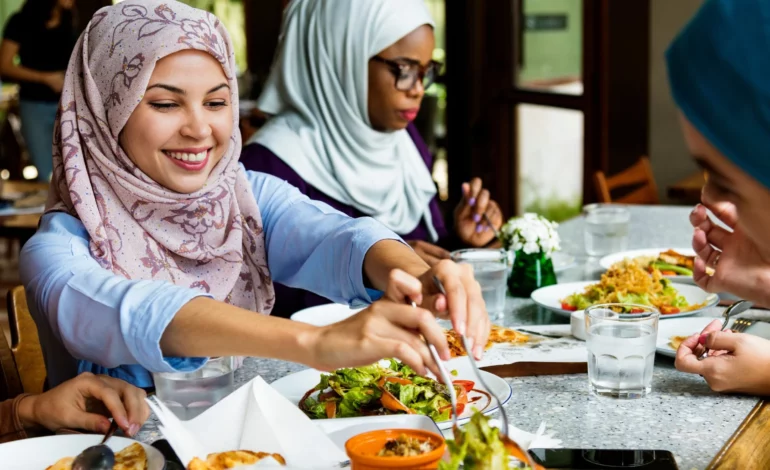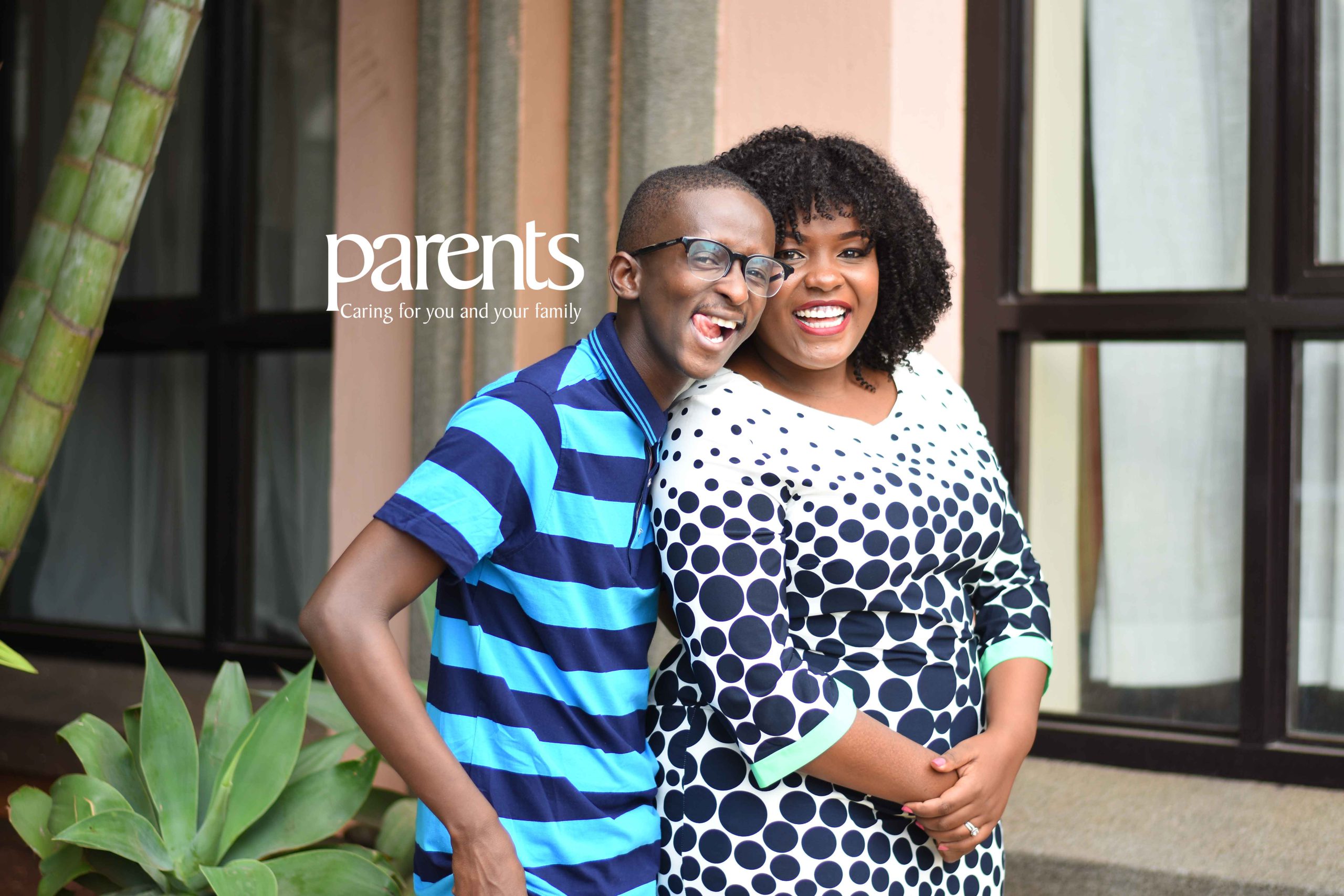5 Facts You Should Know About Ramadan

Ramadan is the ninth and holiest month of the Islamic calendar, observed by millions of Muslims worldwide. It is a time of fasting, prayer, reflection, and community. Here are five fascinating facts about Ramadan that highlight its significance:
The Month of Revelation
Ramadan is believed to be the month in which the Quran, the holy book of Islam, was revealed to Prophet Muhammad (PBUH) by Angel Jibril (Gabriel). This revelation is commemorated through increased recitation and study of the Quran, with many Muslims aiming to complete its reading during the month.
Fasting is One of the Five Pillars of Islam
Fasting (sawm) during Ramadan is one of the Five Pillars of Islam, which are the fundamental acts of worship and practice for Muslims. From dawn (Fajr) to sunset (Maghrib), Muslims abstain from food, drink, smoking, and other physical needs. This fast is broken each evening with a meal called iftar, traditionally beginning with dates and water, following the example of Prophet Muhammad (PBUH).
It’s More Than Just Fasting
While fasting is a key component, Ramadan is also a time of spiritual growth, self-discipline, and generosity. Muslims engage in increased prayer, charity (sadaqah and zakat), and acts of kindness. It is a time to strengthen one’s relationship with God and practice patience and gratitude.
The Night of Power (Laylatul Qadr) Holds Great Significance
Laylatul Qadr, or the Night of Power, falls within the last ten days of Ramadan. It is believed to be the night when the Quran was first revealed, and it is considered the most sacred night of the year. Worship on this night is said to be equivalent to a thousand months of devotion, making it a highly spiritual time for prayers and seeking forgiveness.
Eid al-Fitr Marks the End of Ramadan
The end of Ramadan is celebrated with Eid al-Fitr, a festival of joy, gratitude, and community. On this day, Muslims gather for special prayers, share festive meals, and give to charity (Zakat al-Fitr) to ensure that even the less fortunate can partake in the celebrations.
Ramadan is not only a time of physical fasting but also a period of deep spiritual reflection and connection with God. It brings communities together and reminds Muslims of the values of compassion, gratitude, and self-discipline.







